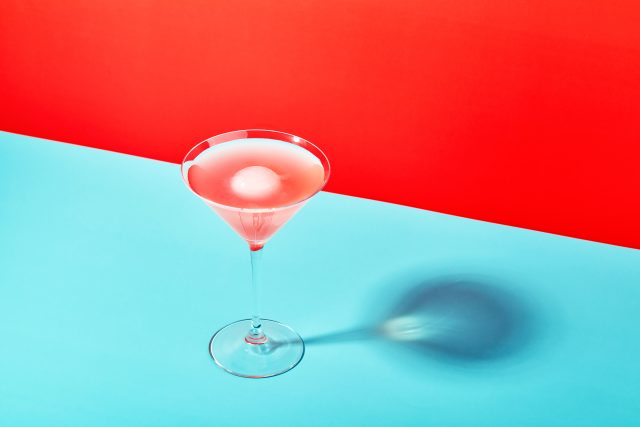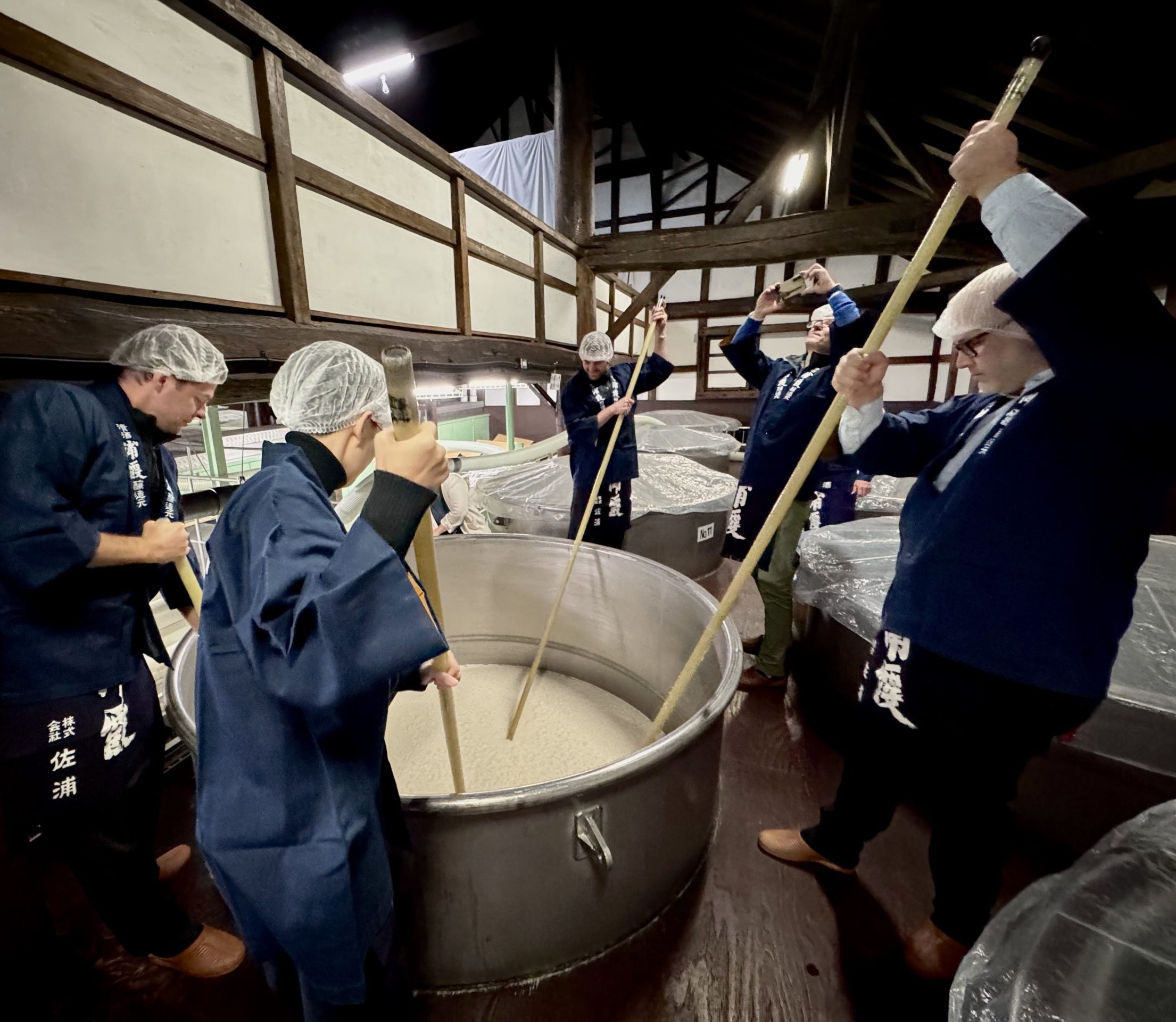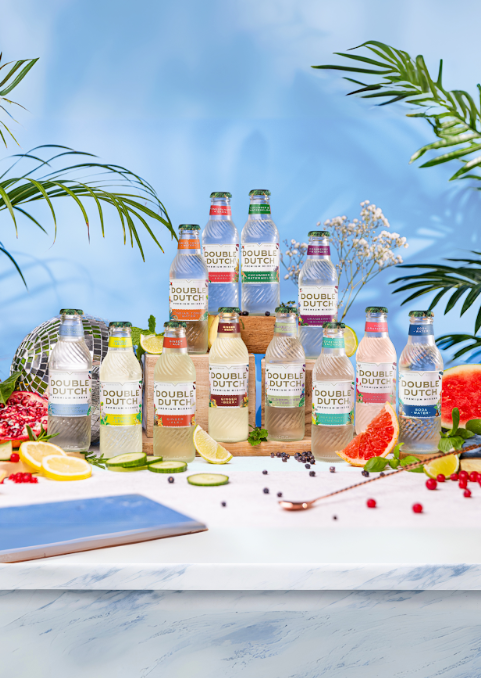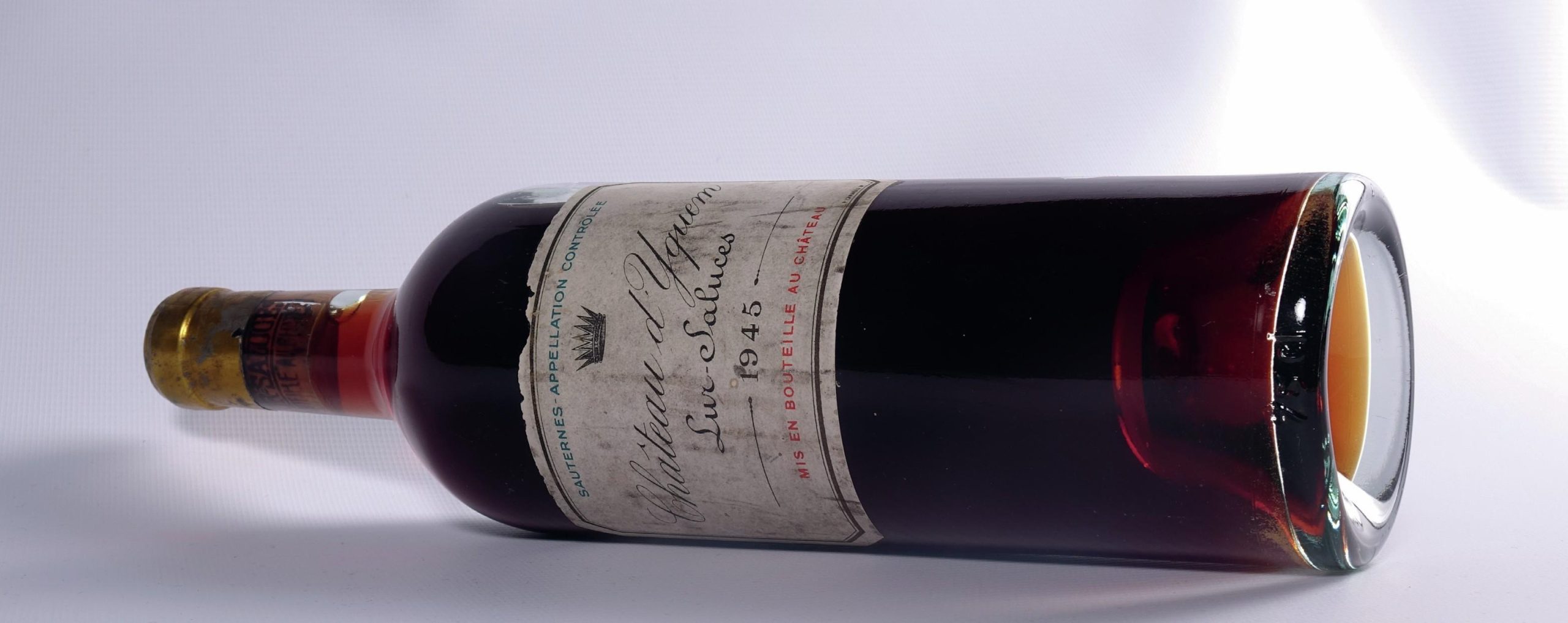If you don’t get RTDS right, it can damage your brand franchise, says Pernod Ricard
Spurred on by the home cocktail boom during Covid lockdowns, the global market for Ready to Drink (RTD) alcoholic products has mushroomed. But drinks companies warn that it’s not always the golden ticket many think it will be.

The global RTD market was valued at US$33 billion in 2021 by Insight Ace Analytics group, which predicted the RTD category would expand by a phenomenal compound annual growth rate of 11.2% until 2030, which would make it worth US$77 billion.
Slightly less bullish, late last year the IWSR predicted that value growth (8% compound) would outpace volume increases (5% compound) for RTDS up to 2026. That would see demand grow by more than US$11.5 billion in five years, with the US remaining the main driver in the category.
So it is hardly a surprise that all major alcohol and soft drinks producers seem to want a slice of the fast-growing pie.
For instance, in its accounts for 2022 Beam Suntory revealed that its sales of RTDs grew by 16%, driven by performance in Japan, Australia and the US, its top markets along with the UK and Germany.
President and CEO Albert Baladi stressed the group’s premiumisation drive and said that it would “expand on its leadership and expertise in RTDs to high growth markets.”
The RTD market is dynamic for several reasons, the first being convenience.
Pre-packaged cocktails are nothing new (Smirnoff Ice was launched in 1999) and were taking off prior to the pandemic, as evidenced by the surge in hard seltzers, but it was the on-trade shut-downs that really triggered the big upturn in home consumption in 2020 and 2021, especially in the US.
But having experienced making their own cocktails at home, consumers are ever more eager to open a ring-pull or twist screw cap than buy individual ingredients and mix their own drinks.
RTDs are easy to buy, are affordable in single units and guarantee drinking a premium product.
Alexandre Ricard, the chairman and CEO of Pernod Ricard, says: “It has really grown into being a premium category and for spirits it’s a great way to recruit people into the franchise [the brand] so we have RTD propositions, and we are developing quite a number of them”.
“It is not new. We started the 2009 in Australia with Jameson cola and Jameson ginger. We are now expanding , especially in the US. But if you don’t get it right in terms of quality and proposition it can damage your brand franchise so we have invested quite a lot in research and development to come up with the perfect propositions in terms of RTDs.”
A further incentive to the brand owner is that an RTD of a premium branded spirit means the producer gets a double payback.
Standard-sized bottles of the product already carry a price premium over commodity lines of, say, vodka, which accounts for about 45% of the US market in RTDs. By charging a further premium for the convenience of an RTD, the margin rises further.
The owners also protect the brand from adulteration.
Ask for a “Jack and Coke” and you could get a Bourbon/American whiskey and cola, not necessarily a measure of Jack Daniel’s and Coca-Cola.
Through their Jack and Coke joint venture RTD, launched in Mexico last year and making its debut in the US next month, that is exactly what you will get from Coke and Brown-Forman. In addition, the taste and alcoholic content are perfectly balanced to standards that both brand owners believe to be correct.
Ricard points out that an RTD acts as a recruiting sergeant for the “mother brand”.
Partner Content
“RTDs boost the franchise and consumers trade up,” he says.
That dynamic is already drawing criticism in the US.
Under fire is PepsiCo whose Mountain Dew soft drink has a pedigree stretching back to 1964 when it bought the brand. It is entering the alcohol market through licensing the name to Boston Beer to create Hard Mtn Dew.
That worries critics who allege that consuming a 24oz can is equivalent to drinking double measure of spirits but that some drinkers will be unaware that they are enjoying an alcoholic drink.
Trade figures show that although Hard Mtn Dew is available in only 11 US states it sold 1.46 million cases last year. It will be available in 30 states later this year according to Boston Beer, so the growth potential is huge.
The Monster energy soft drink giant is also seeking to cash in through its new alcoholic product The Beast Unleashed.
In Virginia, lawmakers are considering bills to prevent consumer confusion through “crossover” brand names, packaging and the proximity of alcoholic and non-alcoholic products in retail outlets.
The Distilled Spirits Council of the United States is seeking to head off further attacks on RTDs through its issuing of a code of “Responsible Marketing Guidance” at the end of 2022.
A further line of attack is that RTDs create a pathway from soft drinks into liquor for those reaching the legal age for consuming alcohol. The other side of the coin is that they offer a transitional route into responsible adult consumption.
When unveiling its latest results, Coke’s finance chief John Murphy told a TV interviewer: “We believe we have a right to both compete and to play in that space [alcohol] and we are exploring in a number of areas.”
Beyond the Jack and Coke link with Brown-Forman, the Atlanta soft drinks giant has combined with Constellation Brands on an alcoholic version of Fresca and it is rolling out a Topo Chico hard seltzer in conjunction with Molson Coors.
Of Coke’s drive into the alcohol market Murphy said: “It’s going to be a cumulative impact on a number of initiatives that I believe will give us the wherewithal to see this as a material source of long-term growth.”
Boston Beer, which ran too far and much too quickly with plans to bolster demand for its Truly hard seltzer, remains convinced about the RTD boom even though hard seltzers are losing impact. The overall market fell by 17% in 2022.
CEO Dave Burwick sees demand for malt and sugar-based seltzers falling by up to 15% this year, while an uptake of spirits-based RTDs accelerates. That is why he is collaborating with PepsiCo on Hard Mtn Dew.
But he is also ploughing on with Truly and his hard tea brands.
“As hard seltzer enters the post-hype era we are strategically investing in new marketing and packaging to keep Truly top of mind and remind drinkers why they came to the category in the first place,” he said.
That segment of the RTD market is declining, but given the boom predicted across the spectrum it will remain attractive, just not as attractive as pre-mixed spirits, according to the forecasters.
Related news
Siren’s International Women's Day beer goes on sale next week
Beer sector in India invests in Uttar Pradesh
Molson Coors to close Sharp’s, Brewery putting 50 jobs at risk




